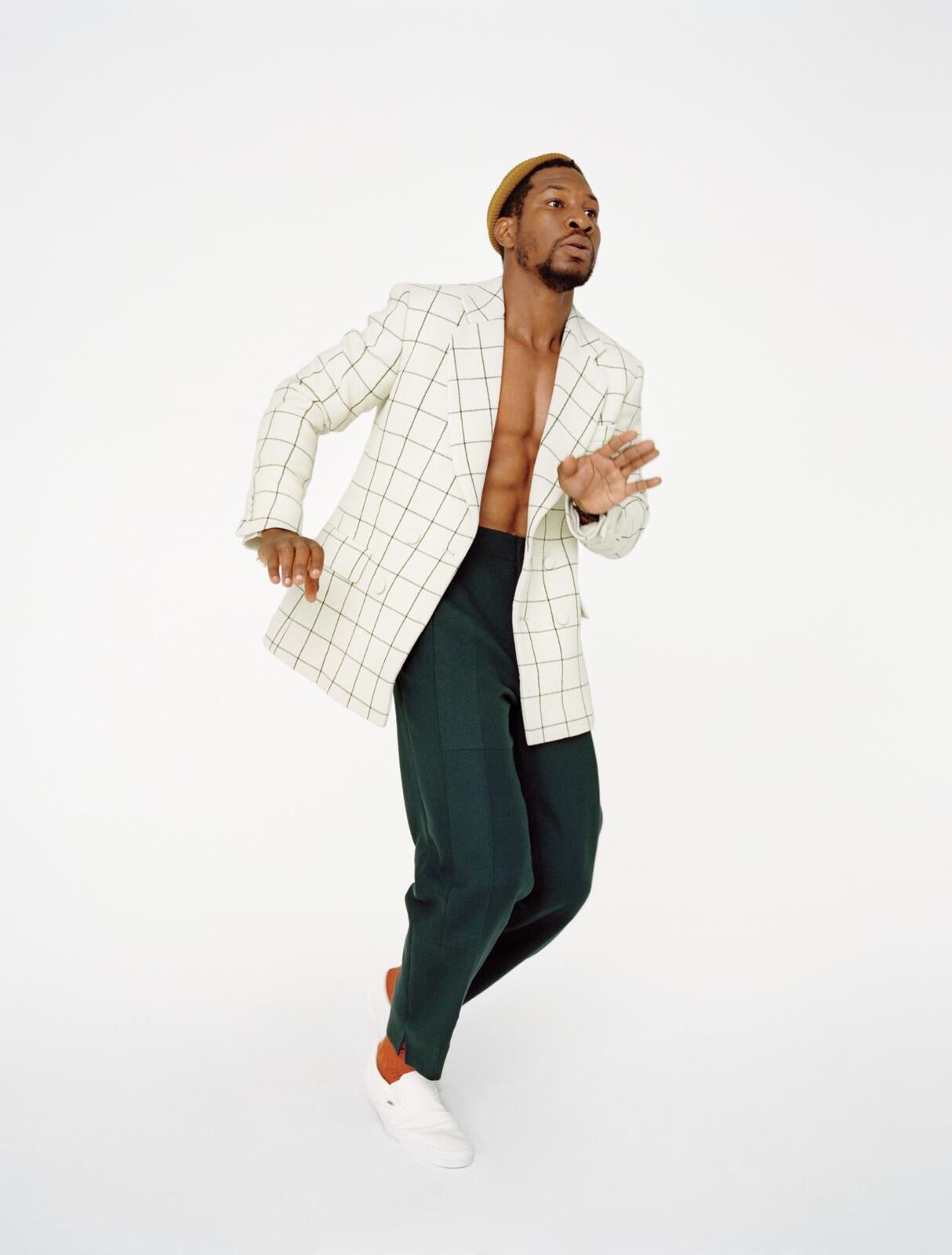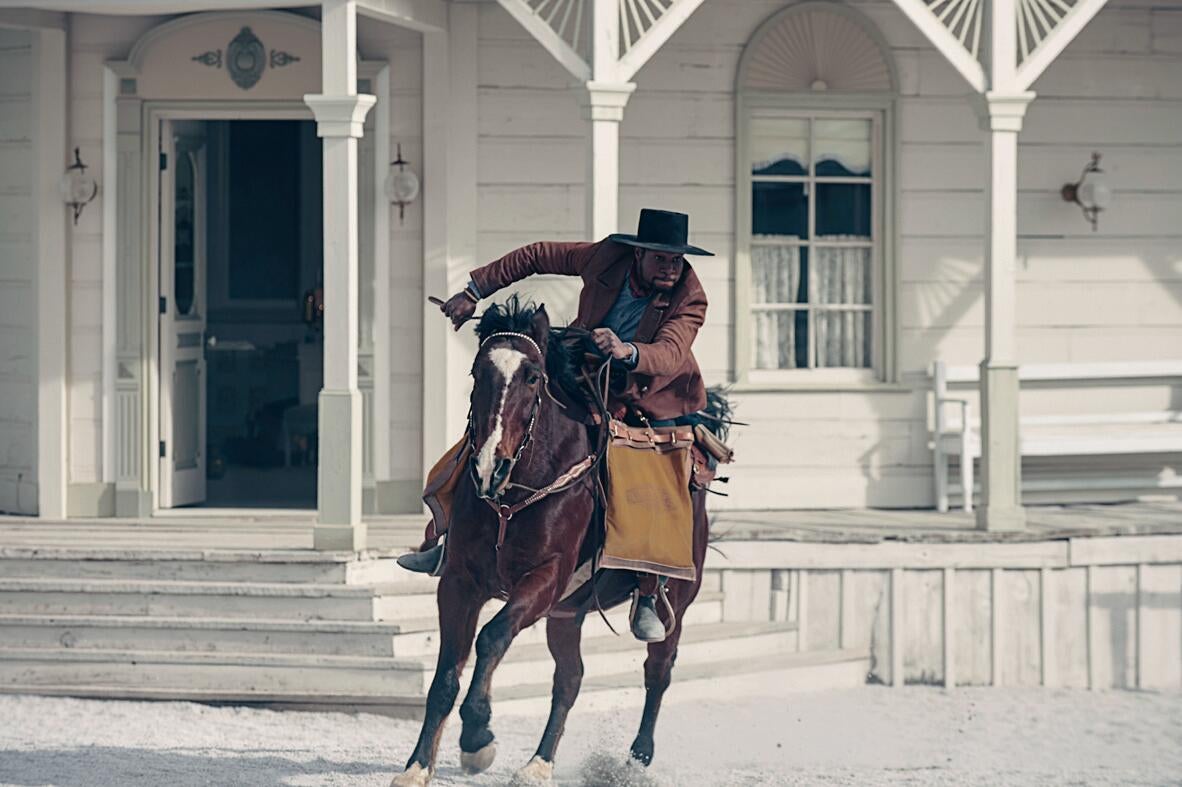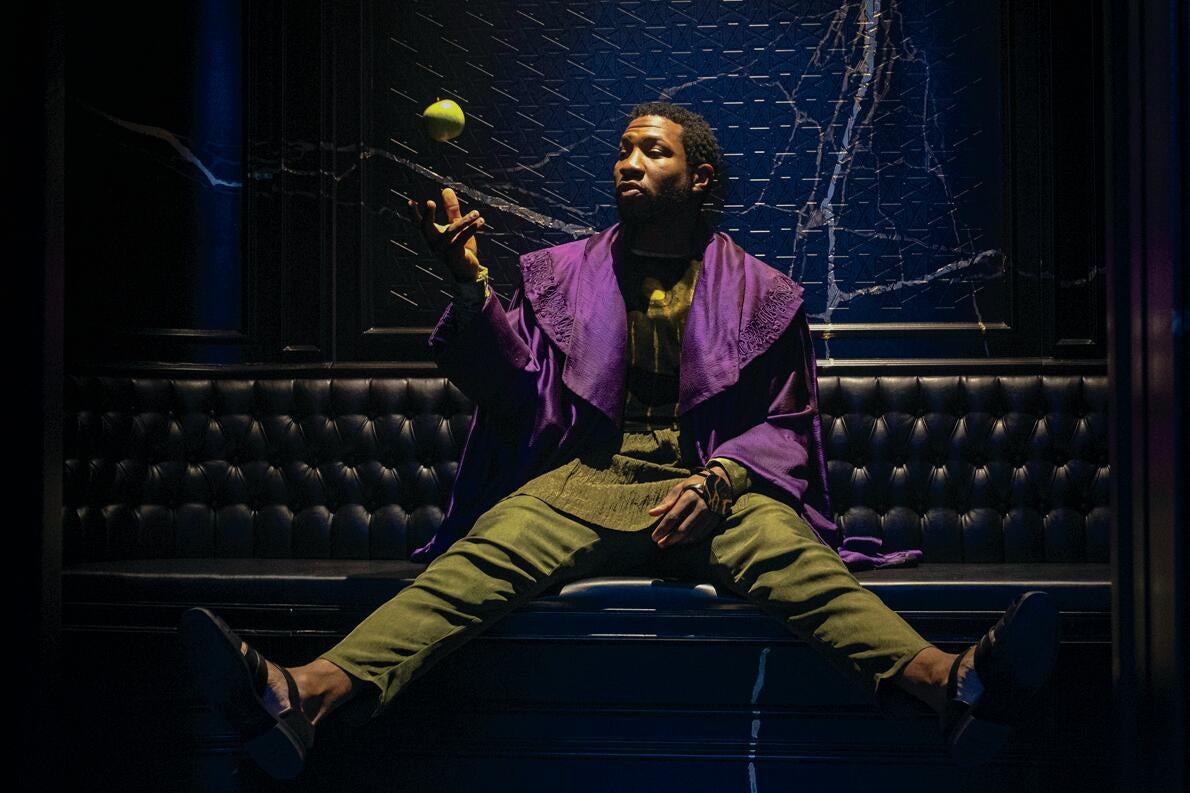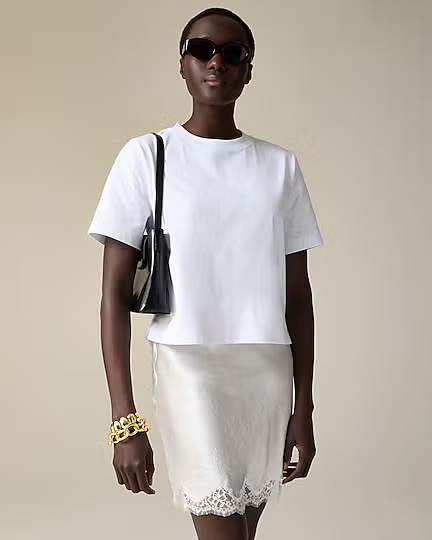
In some contexts, the phrase “Do you” is used as a dismissive semi-threat. But when Jonathan Majors hears those words on set, the actor knows it’s go time.
“My director Joe Talbot essentially was like, ‘Do you, bro. Just do it,’” Majors says of filming what’s now considered his breakout role, in The Last Black Man in San Francisco, in 2018. He would hear those same words on the set of Da 5 Bloods a year later. “Spike was like, ‘Do it, Morehouse,’ which is what he calls me,” the actor recalls. ‘“Just do it.’”

Since that time, Majors, 32, has found himself in one -exceptional project after another, from Lovecraft Country to Loki and to this fall’s The Harder They Fall. But building that type of résumé in the midst of a pandemic has had its challenges. “I’ve been in isolation, just doing my thing,” he explains. “Some days it feels like you’re working in an echo chamber, and other times it’s like you’re working in a vacuum. Some days you feel like you’re just in it by yourself and ain’t nobody checking for you.”
Contrary to this impression, people are definitely checking for the Yale School of Drama grad who grew up in Georgetown, Texas. In fact, Jeymes Samuel, who cowrote, coproduced and directed Netflix’s reimagined all-Black western The Harder They Fall, offered Majors the lead role of Nat Love before ever seeing him act. “Jonathan never auditioned for the role,” Samuel declares. “I saw him in an interview, and I said, ‘He’s Nat Love. I want him as Nat Love.’ I hadn’t seen anything he was in. It was just instinct. I never questioned that was the right decision.”

After Majors received Samuel’s call, offering the role of the revenge-seeking outlaw, he wrote a poem in the voice of Love and sent it to the filmmaker. Poetry is one of the many creative outlets Majors has used over the years to make sense of his emotions. He was particularly drawn to acting, however, because it’s the one art form that requires him to bring nothing but himself.
“It wasn’t until it was like, I have no instruments, I have no saxophone, I have no pen, no paper, no watercolors, none of that—it’s just me and all my madness coming out—that I was like, That’s all I need,” he explains. “I was a -little broke kid. I done pawned more instruments than I’ve played. You know what I mean? But I don’t have to pawn myself. I could do this art with nothing but me.”
Majors’s creative inclinations began when he was a preteen. Ironically, when he was sent to an alternative school for students with behavioral issues, he was finally given the freedom to tap into his talents. “Imagination, aggression, all those things lent themselves to the arts,” he says. “There was a lot of anger, a lot of containment, very much like now. People put me in a corner.”
Even now, being encouraged to express himself without restriction is somewhat foreign. “It’s a crazy thing for a kid who was always getting stopped,” he says. And it’s why, he shares jokingly, he’ll often ask directors, “You sure now? Because once I go, it’s on.”







Equally bizarre to Majors—whose next notable role will be as Kang the Conqueror in Marvel Studios’s Ant-Man and the Wasp: Quantumania—is the notion that he’s an overnight success. “It’s not the truth,” he says, though he acknowledges that it might appear as if his career jumped off relatively quickly. “Was the climb quick? No. At 17, I was homeless in my car reading Stanislavski, so count it up.”
Despite the challenges along his path to leading man, Majors says he never doubted he’d reach the place where he is now. “I just knew it,” he admits. “All the trials and tribulations, something in me was just like, You’re going to make it, bro. You can do it. You don’t know where that belief comes from, but when it comes, you can’t shut it off.”
This article appears in the November/December issue of ESSENCE magazine on newsstands December 7.






